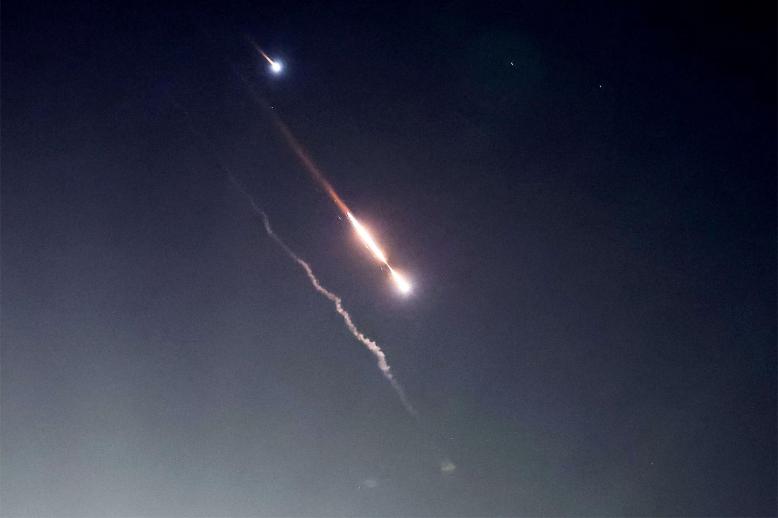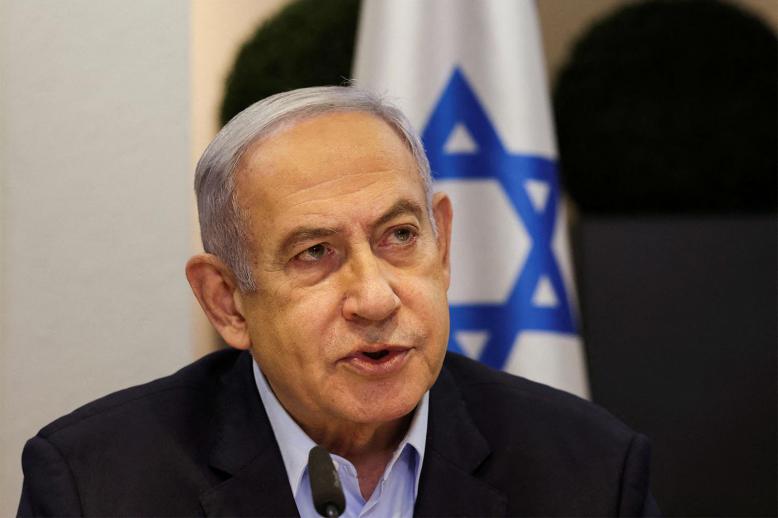Erdogan Plunges Ahead as Free Media Fades to Black
Turkish President Recep Tayyip Erdogan is metaphorically flooring the gas pedal as he steers the country any which way he wants. He is tightening his grip on the media and whatever remains of independent journalism in Turkey.
Dogan, the country’s largest media group, has been sold to the pro-Erdogan conglomerate Demiroren Group. The $1.1 billion sale marked the end of an era. Dogan had been prone to self-censorship in the past five years but still represented Turkey’s fragile diversity of opinion.
The sale means the death of pluralism in Turkey’s mainstream media, giving the government complete control of the media ahead of general elections in 2019.
As Erol Onderoglu, the Turkish representative for media freedom advocacy group Reporters Without Borders, noted: “Amid an unprecedented crackdown on civil society and the political opposition, only a handful of low-circulation newspapers still offer an alternative to the government’s propaganda.”
Dogan had a large stable of publications and broadcast outlets. Its newspapers, TV channels, periodicals and a news agency gave it control of approximately 30% of the Turkish media sector. Based on its print publications’ circulation, TV channels’ ratings and advertising it attracted, Dogan’s sale means that at least 92% of the Turkish media has fallen under the direct control of the presidential palace. All that remains is a tiny group of dailies, a minor opposition channel and a handful of internet sites that struggle to make ends meet.
Apart from its loyalty to Erdogan, the Demiroren business family is known to be firmly opposed to independent journalism. When the Demirorens purchased the centre-left Milliyet and Vatan, both respected daily newspapers, there were mass firings and management changes. Flunkeys were appointed editors.
There are concerns that the Dogan media group is about to suffer the same fate. Colleagues I talked to said they expect the worst. Given the number of people employed by the group, major ructions seem imminent in Turkish journalism.
Few doubt that the Dogan group’s sale was a significant political move by Erdogan and that it is meant to secure an election victory in 2019. This, he hopes, will pave the way for a “super presidency” that lasts a lifetime, brooking no separation of powers and with rule of law notable by its absence.
There are two possible consequences of such a turn of events.
Since 2016, when the Cihan News Agency (CHA) was closed due to its alleged links with the Gulen movement, Dogan News Agency (DHA) has been the only strong private-sector rival to the official Anadolu Agency. DHA has been crucial, as was CHA, to report independently on nationwide vote counts.
Now, DHA faces uncertainty. Its new proprietors could close it down or, at best, downsize it tremendously. The Demiroren Group’s DHA will probably be abandoned to regime-loyal editors.
Then there is newspaper distribution across the country. The Yay-Sat distribution network is a subsidiary of the Dogan Media Group but it, too, may either be closed or merged with the rival, pro-government Turkuvaz distribution network. Yay-Sat has been a lifeline for secular, left-leaning, pro-Kurdish newspapers willing to criticise the administration. The Dogan Media Group sale multiplies the inherent risks of reader outreach by such outlets.
Dogan’s exit from the media domain came alongside another key development for the digital sphere. Hours after news of the sale broke, Turkey’s rubberstamp parliament passed a bill that puts digital platforms such as Netflix and social media networks such as YouTube and Twitter at the mercy of its radio and TV watchdog.
The watchdog, known by its Turkish initials RTUK, is tightly controlled by Erdogan’s Justice and Development Party and the Nationalist Movement Party. RTUK is notorious for aggressively handing out penalties or banning broadcasts that stray from the government line on politics. The new law will require that providers of online content with sound or images seek a licence or face a ban.
The implications are enormous as Garo Paylan, a member of parliament for the pro-Kurdish Peoples’ Democratic Party, explained: “Not only politicians but everyone is trying to express themselves on social media these days. The regime has deemed even this space to be too much. If I were to broadcast here and write ‘Paylan TV’ in the corner, I would have to go to one of the known platforms and get a licence.’
Paylan added: “If tomorrow we become a country in which Netflix and YouTube are banned, it will have fallen into a league with the likes of North Korea.”
There is little doubt that Turkey is in a new era in which the free media risks fading to black.
The question is will Turkey’s rather zombified opposition realise the importance of recent developments? Will it understand how greatly these developments curtail its chance of reaching voters? Much depends on whether the opposition will lead a boycott of pro-government media outlets, presenting a united front against a regime that is increasingly seen as virulently opposed to free speech.
Yavuz Baydar is a senior Turkish columnist, and news analyst. A founding member of the Platform for Independent Journalism (P24) in Istanbul, he has been reporting on Turkey and monitoring media issues since 1980. A European Press Prize Laureate in 2014, he is also the winner of Germany's 'Journalistenpreis' in 2018.
Copyright ©2018 The Arab Weekly



